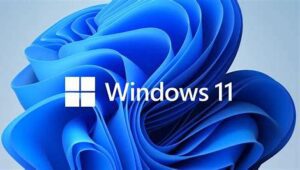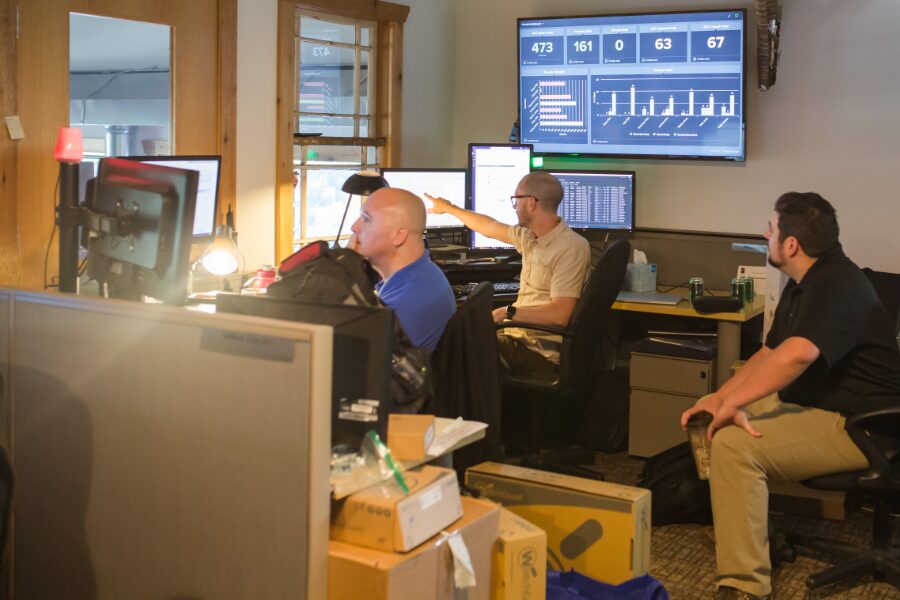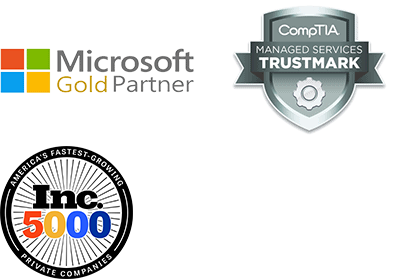What is a 9-5 job?
What happened to the 40-hour work week?
What is overtime?
What is work time vs. free time?
What if you don’t go to meetings but just IM and Skype?
What is a job across space and time today, when it doesn’t matter what time you work or where you work from or what device you use?
These questions are enough to make Robert Owen, commonly honored as the father of the 8-hour day, squirm in his grave. When the British factory worker advocated in 1810 for “eight hours of labor, eight hours of recreation and eight hours of rest,” he started a revolution that swept across the world. By 1914, Henry Ford adopted it for his workers (while also doubling their pay to $5/hour) as had other large factories in industrial production everywhere – even Russia.
Flash forward 100 years and none of it makes sense today in a hyper-connected world of 24/7, creating legal and cultural confusion for employers and employees. Maybe that’s why France just passed a national law that lets workers turn off, tune out and live life with a “right to disconnect.” The law doesn’t ban after-hour emails, but requires companies with more than 50 people to negotiate protocols so work does not spill into days off or after-work hours. Could this move also sweep the world?
Millennials, now the largest generation in the workforce, are particularly interested in how this plays out. For them, the 9-to-5 workday has gone the way of the cubicle: a sadly outdated way of working.
Here is how one expert put it:
In the future, the office will function as a 3rd space (similar to Starbucks): a hub, a town square, a neighborhood. Workers will decide when, how and where to work. People will flow in and out. Employees will be connected by social networks, cloud computing. The actions of people will define office space. The percentage of an organization’s work classified as group work will continue to escalate, topping 60% in 5 years. Spaces will continue to be more open and flexible, with moveable walls, work pods, comfortable seating types and gathering places.”
Tools like Microsoft Delve are also useful, helping workers (and their bosses) easily collect data from their devices to figure out exactly when and how much time they spend on email, in meetings, online and other work activities. Armed with that information, they can evaluate exactly when they are – or are not – most productive.
So if you are an antiques collector, you might want to start buying up those old time clocks and time cards and put them next to the by-gone library catalogue cards that make great note pads. And bid farewell to the 9-to-5 day.
About the Digital Transformation Series:
Over the next few months Applied Tech President and CEO Kurt Sippel will be exploring “Digital Transformation” in a series of articles with the hope to inform, educate, and discuss its many different facets. Digital transformation is the profound and accelerating transformation of business activities, processes, competencies and models to fully leverage the changes and opportunities of digital technologies and their impact across society in a strategic and prioritized way, with present and future shifts in mind. Kurt will explain how this effects your business, how to best prepare and how to leverage the technology to get the upper hand on your competition.
If you would like to be notified of the upcoming articles sign up below!
[formidable id=”23″]
About Kurt Sippel:
CEO Kurt Sippel began his technology career at age 18 when he began providing consultation services to various small businesses in Fond du Lac County. This was followed by eight years at the University of Wisconsin-Madison where he managed and taught research technology while pursuing a Master’s degree in urban and regional planning.
In 1999 Kurt left the university to start his own firm, Applied Tech Solutions Inc. to focus on the technology needs of small and medium sized businesses. Applied Tech is now the leading IT managed service provider in Dane County and has offices in Madison, Waukesha and Stevens Point.






